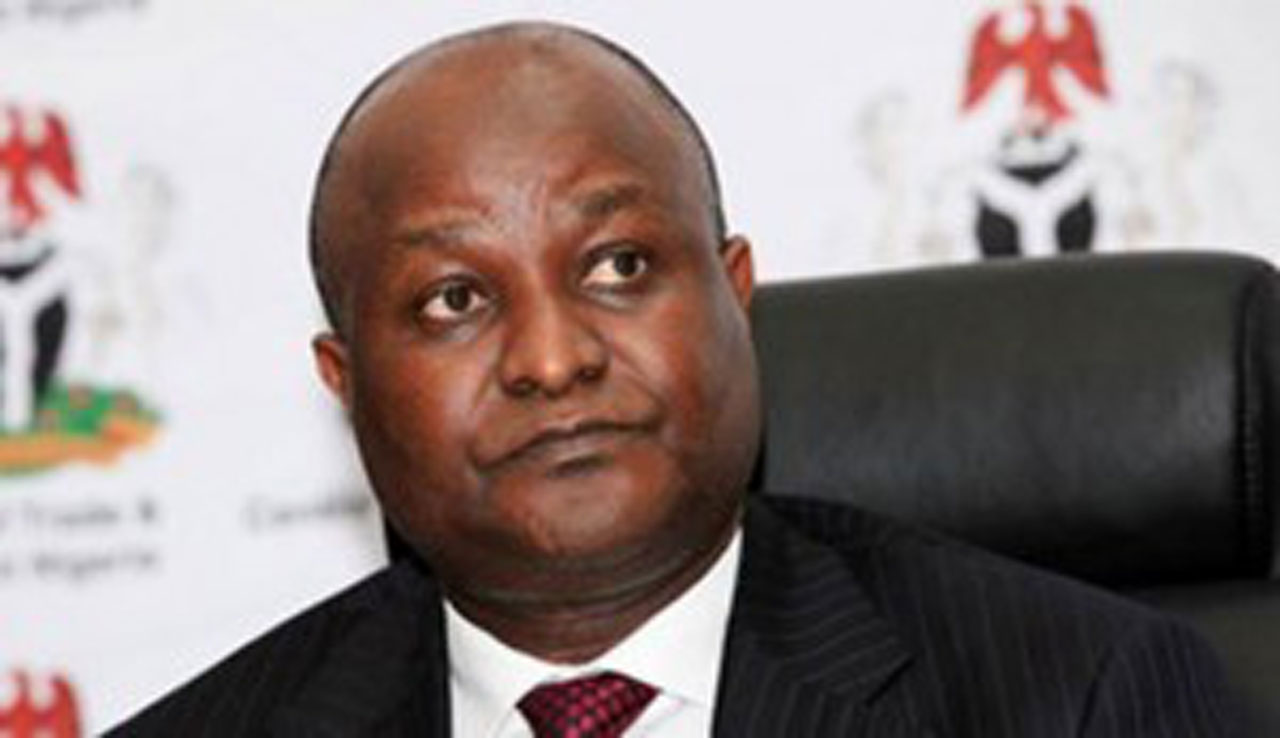
President of the Wellbeing Foundation Africa and wife of the former Senate President, Toyin Saraki, has decried the high neonatal and maternal mortality rates in Nigeria.
She stressed the need to, as a matter of urgency, equip the healthcare workforce with the skills and resources necessary to save lives. Saraki lamented that Nigeria has one of the highest maternal and neonatal mortality rates in the world, with a maternal mortality ratio of over 800 deaths per 100,000 live births and a neonatal mortality rate of 33 per 1,000 live births.
The wife of the former Senate President, who spoke at an event organised by the Global Health Partnerships in conjunction with the Federal Ministry of Health and Social Welfare, yesterday, in Abuja, noted that training of the health workforce would help to scale up innovative improvements in quality and care-given that ensures a safer birth for every Nigerian woman through the healthcare providers and healthcare givers.
She said that the global health workforce programme is a transformative initiative designed to optimise, build, and strengthen the health workforce, among others.
Meanwhile, the in-country Coordinator of the Global Health Workforce Programme, Estelle Mbadiwe, has called for united action to address the health workforce gap to achieve universal health coverage.
Mbadiwe said that the organisation had engaged with multiple stakeholders working in the health workforce in Nigeria and identified national priorities that are important for moving the health workforce forward towards achieving universal health coverage.
Also speaking, the Registrar of the Medical and Dental Council of Nigeria (MDCN), Prof. Fatima Kyari, stressed the need to address the ongoing health workforce migration.
She said: “It is not just about solving challenges within Nigeria but also about using the strength of our global connections. We must also support those who remain. We must harness the skills, knowledge, and resources of health professionals in the Diaspora to enhance clinical excellence and build stronger collaborations.”






